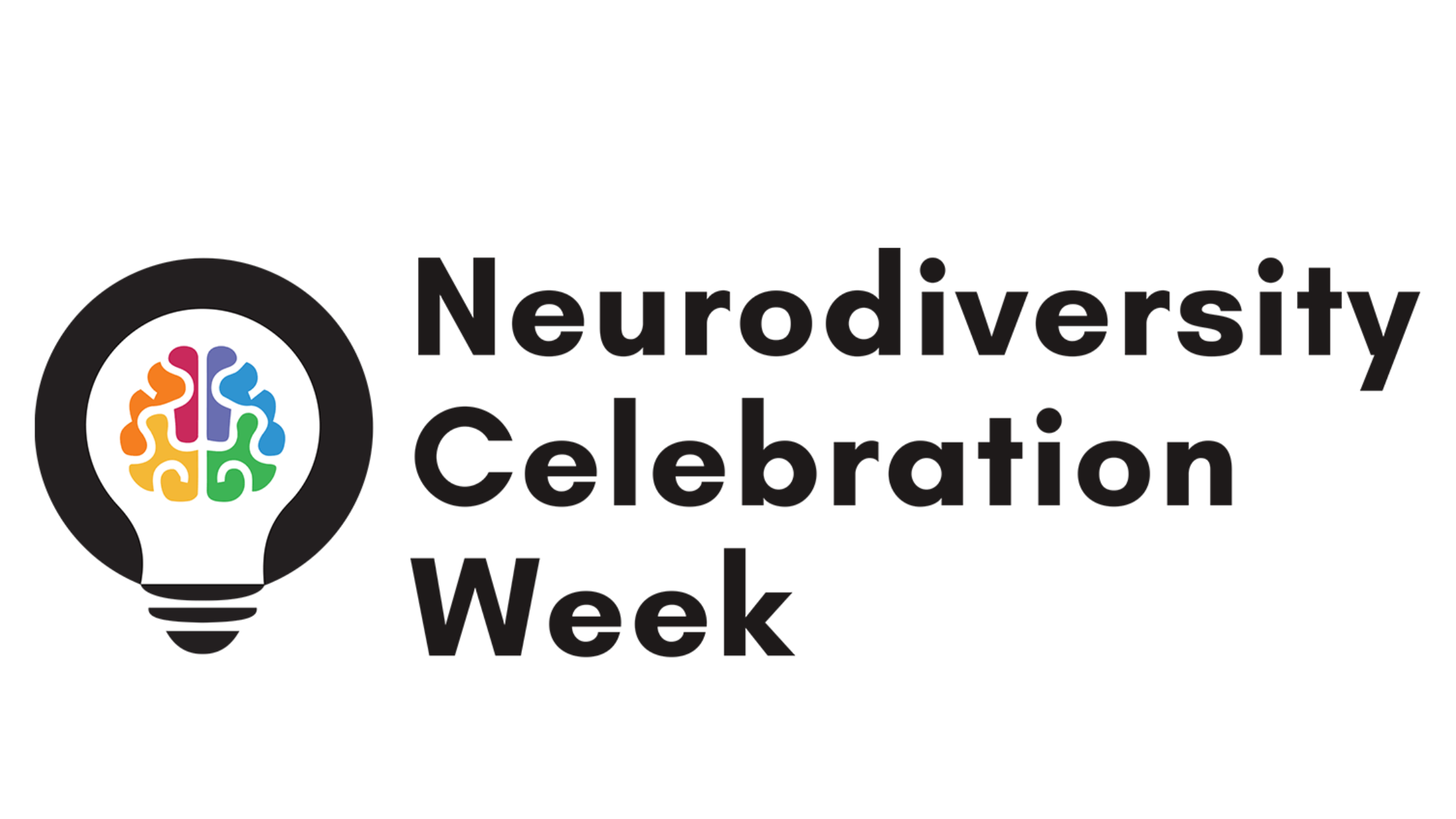Remember when “going green” in marketing meant adding a leaf to your logo or using recyclable packaging? Those days are long gone. Today’s consumers are savvier than ever, looking for brands that back their environmental claims with real action.
But here’s the thing: sustainability in marketing isn’t just about what you say, it’s about what you do. From choosing eco-conscious suppliers to reducing waste through digital solutions, truly green marketing requires a holistic approach.
In this post, we’ll explore how to evaluate the sustainability of your marketing strategy, uncover actionable steps to go beyond surface-level eco-friendly messaging, and share how Chesamel has helped brands implement practices that are both impactful and authentic.
The Shift from Green To Sustainable Messaging
For many brands, the temptation to claim “green” credentials without meaningful action is high, but consumers are becoming more adept at spotting inauthenticity. Greenwashing, or misleading consumers about the environmental benefits of a product or practice, can lead to a loss of trust, reputational damage, and even legal consequences.
Sustainable marketing goes beyond one-off eco-friendly campaigns or symbolic gestures. It’s about integrating environmental, social, and ethical considerations into every aspect of your marketing strategy, ensuring that sustainability is reflected in both what you say and what you do.
If you want to take it seriously, transparency is the cornerstone of authentic sustainable marketing. Consumers value clarity, especially when it comes to sustainability claims. By sharing:
- Measurable actions
- Progress updates
- Reasoning behind decisions
Brands can build credibility and demonstrate genuine commitment to environmental and social responsibility.
Implementing Sustainable Practices in Marketing
Building a truly sustainable marketing strategy requires action that extends beyond messaging. From the suppliers you work with to the platforms you choose, every decision plays a role in reducing your environmental impact.
1. Choosing Green Suppliers
The foundation of a sustainable marketing strategy starts with your partners. Collaborate with suppliers who prioritise eco-friendly practices, such as using:
- Renewable energy
- Sustainable materials
- Ethical labor standards
Vet your suppliers thoroughly and look for certifications like ISO 14001 or Fair Trade.
2. Leveraging Digital Solutions to Reduce Waste
Digital marketing is inherently less resource-intensive than traditional methods, but it still offers opportunities to reduce your footprint further:
- Shift to programmatic advertising to optimise reach and efficiency, minimising unnecessary ad spend and resource usage.
- Embrace email marketing over direct mail to reduce paper waste.
- Use energy-efficient platforms or cloud services to lower your carbon emissions.
3. Sustainable Packaging and Distribution
Even your packaging and product distribution are extensions of your marketing strategy.
- Invest in biodegradable or recyclable packaging materials to reinforce your brand’s commitment to sustainability.
- Optimise distribution methods by consolidating shipments and choosing low-emission logistics providers to reduce the environmental impact.
By integrating these practices into your marketing approach, you don’t just talk about sustainability, you live it.
Chesamel Case Study: Driving Business Resilience Through Sustainability-Focused Data Solutions
To engage C-suite decision-makers in sustainability-driven business transformation, Chesamel’s team supported Google Cloud and the Financial Times to create a dynamic, interactive web experience.
Objective
Showcase how smarter data usage can drive sustainability-focused business transformation, enhancing resilience in real-world scenarios for C-suite decision-makers.
Solution
Developed an immersive experience centered around a fictional company, Sunrise Cereals Co. Through narrative-driven design and interactive gameplay, users made key business decisions using smarter data solutions. With 50 “smart points” for decision-making, the experience highlighted the impact of AI and data intelligence on sustainability and resilience.
Result
The campaign positioned Google Cloud as a leader in sustainability-focused innovation, achieving:
- 45,514 page views and 28,306 unique users
- Over 2 million marketing impressions on FT.com
- 3,912 social engagements and 10,234 game plays
- A 41% increase in attention time compared to site benchmarks
Ready to Make Your Marketing Strategy Truly Sustainable?
Sustainable marketing is more than a trend, it’s a responsibility. Moving beyond surface-level messaging to adopt practices that are genuinely green can not only build trust with consumers but also create long-term value for your brand.
As you can see from our case study, innovative approaches to sustainability can drive meaningful engagement and position your brand as a leader in your industry.
Is it time to rethink your marketing strategy? Let’s work together to create campaigns that deliver impact, for your business and the planet. Contact us today.


